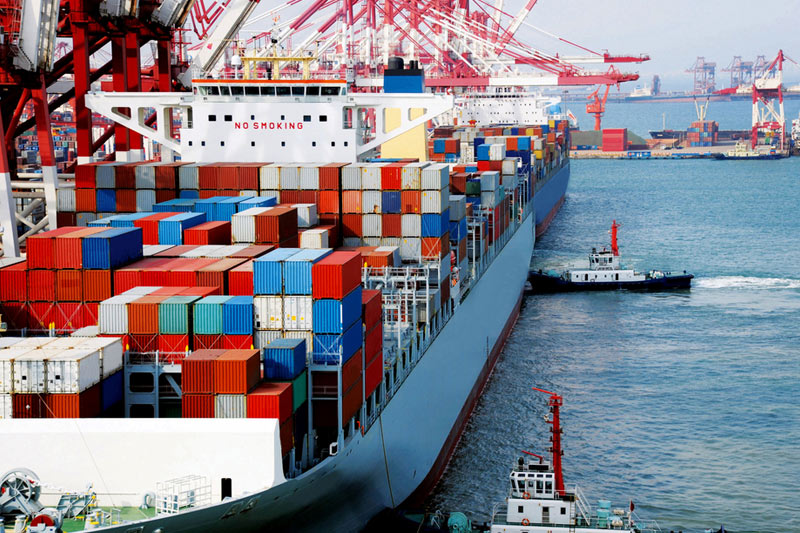By Angelo Young - Brunei, the tiny Southeast Asian sultanate sitting on a billion barrels of proven oil reserves, is a close ally of the U.S. but some lawmakers in Congress are pushing to have the country booted out of free trade talks due to its adherence to Islamic law.
The country is one of the original signatories to a proposed massive multinational Pacific Rim free trade accord. But ever since Sultan Hassanal Bolkiah implemented Islamic law in his country on May 1, critics are questioning whether a state that has legalized capital punishment for adultery and homosexuality should be allowed to participate in cooperative economic agreements.
In 2005, Brunei became one of the four original signatories of a regional free trade pact with Chile, Singapore and New Zealand that has become the more extensive Trans-Pacific Partnership, the largest proposed free-trade agreement in history. A dozen countries encircling the Pacific Ocean, including the United States, have been working out a complex web of interests that could take years to work out. Other countries have express interest in joining, including China.
“What we’re trying to say is that they [Brunei] shouldn’t be included in the negotiating process at all,” said Rep. Mark Pocan (D-Wis.) during a conference call on Thursday. “And this is our prefect opportunity. We can best influence this now.”
Pocan, the first openly gay member of Congress to succeed another in the same seat, was one of 117 members of Congress to signed a letter sent this week to Secretary of State John Kerry and U.S. Trade Representative Michel Froman asking them to insist “Brunei address these human rights violations as a condition of the United States participating with them in any further Trans-Pacific Partnership (TPP) negotiations.”
Jerame Davis, executive director of Pride At Work, an AFL-CIO union affiliated LGBT advocacy group, said that his group wants human rights guarantees written directly into free trade agreements rather than set aside in separate ineffective side-deals that are little more than non-binding pledges.
When Canada and Colombia finalized their free trade agreement in 2011, the two sides signed separate accords aimed at protecting the environment and boosting protections for workers—Colombia has a dismal track record on protecting labor rights activists. The problem was these side accords have no enforcement mechanisms.
“While Canadians were promised that this agreement had been tailored to take account of human rights concerns, in fact the agreement turns out to be a standard ‘market-access’ oriented trade deal, with ineffectual side agreements on labor and the environment,” said a 2009 report from the Canadian Council for International Cooperation slamming the free-trade deal as it was being negotiated.
In May Brunei joined only eight other countries in the world, including Saudi Arabia and Iran, to adopt Shariah in both civil and criminal proceedings. (Many Islamic countries apply Shariah in issues like marriage, divorce and child custody, but they use secular law in prosecuting and punishing crime.) This means that a judge can, of he chooses, order anyone found guilty of adultery or sodomy stoned to death as prescribed in religious texts. Women can be detained for dressing immodestly, and charges of apostasy can easily be levelled at even light criticism of the theocratic state, something many Saudis know all too well.
Pocan said that it’s important to get Brunei out of the TPP negotiations before any agreement is signed, because Brunei-owned entities, like the Beverly Hills Hotel in Los Angeles that was the target of boycotts earlier this year, would have greater trade protections under free trade agreements against any official efforts to use commercial sanctions to change the country’s human rights record.

“Once Brunei were part of a free trade agreement it would really neuter our ability to do things to influence the private sector,” said Pocan.
Activist will have plenty of time to push their case. Ministerial-level talks in Singapore to move the trade agreement forward broke down in February over Japan’s concern for its agricultural sector and U.S. automakers’ frustration over Japan’s highly protected car market.
A poll in January showed that only U.S. President Barack Obama’s staunchest supporters agree with the president that he should have fast-track authority to expedite the trade deal that would keep Congress from meddling on the final proposal. Obama supports TPP because he thinks it will be a boon to U.S. exports. Critics oppose the deal because e they argue it gives corroborations unprecedented power over national internal economic policies, like producing generic drugs.
